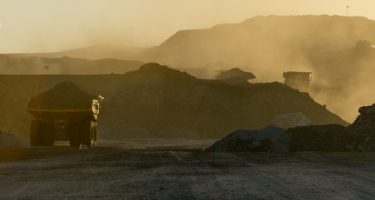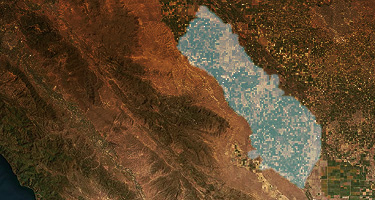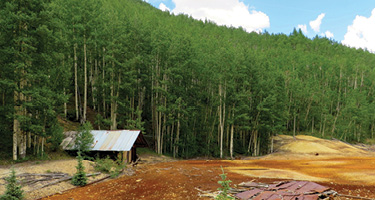Climate change, one of the most pressing issues of our time, poses a substantial threat to ecosystems, economies and communities worldwide. As the consequences of a warming planet become more evident, the necessity for effective measures to combat this global challenge has never been greater.
Environmental law plays a critical role in this battle, serving as a potent tool to regulate human activities and protect natural resources. Lawyers, with their expertise in environmental law and policy, are uniquely positioned to contribute significantly to climate change mitigation and adaptation efforts.
Let’s explore some of the innovative ways in which lawyers are harnessing the power of environmental law to address climate change, advocate for sustainability and pave the way for a greener future.
What is Environmental Law?
Environmental law encompasses a body of legal principles, regulations and treaties designed to manage and protect the natural environment from degradation and pollution. This legal domain has evolved over the years in response to growing awareness of the environmental consequences of human activities and the need for sustainable practices.
Environmental law covers a wide spectrum of issues, including:
- Air pollution.
- Water pollution.
- Land use.
- Wildlife conservation.
How Lawyers Are Addressing Climate Change Through Environmental Law
Environmental Lawyers play a pivotal role in addressing climate change by using environmental law as a tool to advocate for stronger regulations, hold polluters accountable and promote sustainable practices.
Advocacy for Stricter Emissions Standards
Lawyers work with regulators and lawmakers to draft policies and environmental protections laws that impose stricter standards on greenhouse gas emissions. They also represent environmental groups and other stakeholders in proceedings before regulatory agencies.
Legal Support for Renewable Energy
Lawyers assist in the development of renewable energy projects by providing counsel on regulatory compliance, securing permits and negotiating contracts. They also help clients in navigating complex legal landscapes associated with renewable energy development.
Litigation Against Polluters
Through litigation, lawyers pursue legal action against companies and individuals responsible for significant pollution and environmental damage. This includes filing lawsuits for violations of emissions standards and seeking compensation and remediation for affected communities.
Climate Change Risk Disclosure
Lawyers counsel companies on the disclosure of climate-related risks to investors in compliance with securities laws. They help companies understand and navigate the regulatory requirements related to climate risk reporting.
Environmental Justice Law
Lawyers represent marginalized communities that are disproportionately affected by pollution and climate change. They advocate for policies that protect these communities from environmental harm and seek legal remedies when their rights are violated.Environmental Conservation Law
Conservation lawyers work to protect natural habitats and biodiversity. They assist in the establishment of protected areas, enforce wildlife protection laws and represent conservation groups in legal proceedings.
Corporate Sustainability Counseling
Lawyers advise companies on integrating sustainable practices into their operations. They help in developing corporate sustainability programs and ensuring compliance with environmental laws and regulations.
Climate Adaptation and Resilience Building
Lawyers assist communities and governments in developing strategies to adapt to the impacts of climate change. They help in drafting laws and policies that focus on building resilience to climate change effects, such as sea-level rise and extreme weather events.
Educating the Public and Policymakers
Lawyers engage in educational initiatives aimed at increasing awareness of climate change and environmental law. They conduct workshops, seminars, and lectures and publish articles and papers that can influence policymakers and public opinion.
Lawyers specializing in environmental law are at the forefront of efforts to address climate change through legal avenues. Through advocacy, litigation, counseling and education, they are contributing to the development and enforcement of environmental laws and policies that are crucial for tackling climate change and protecting the planet.
As lawyers work tirelessly through environmental law to combat climate change, they face numerous challenges. At the same time, the evolving nature of environmental issues demands an adaptive approach and anticipation of future trends. As awareness and urgency surrounding climate change continue to grow, so does the potential for innovation and evolution in legal strategies.
Lawyers will continue to be essential players in addressing climate change through the many facets of environmental law, adapting to emerging challenges and shaping the future of environmental policy and practice.































